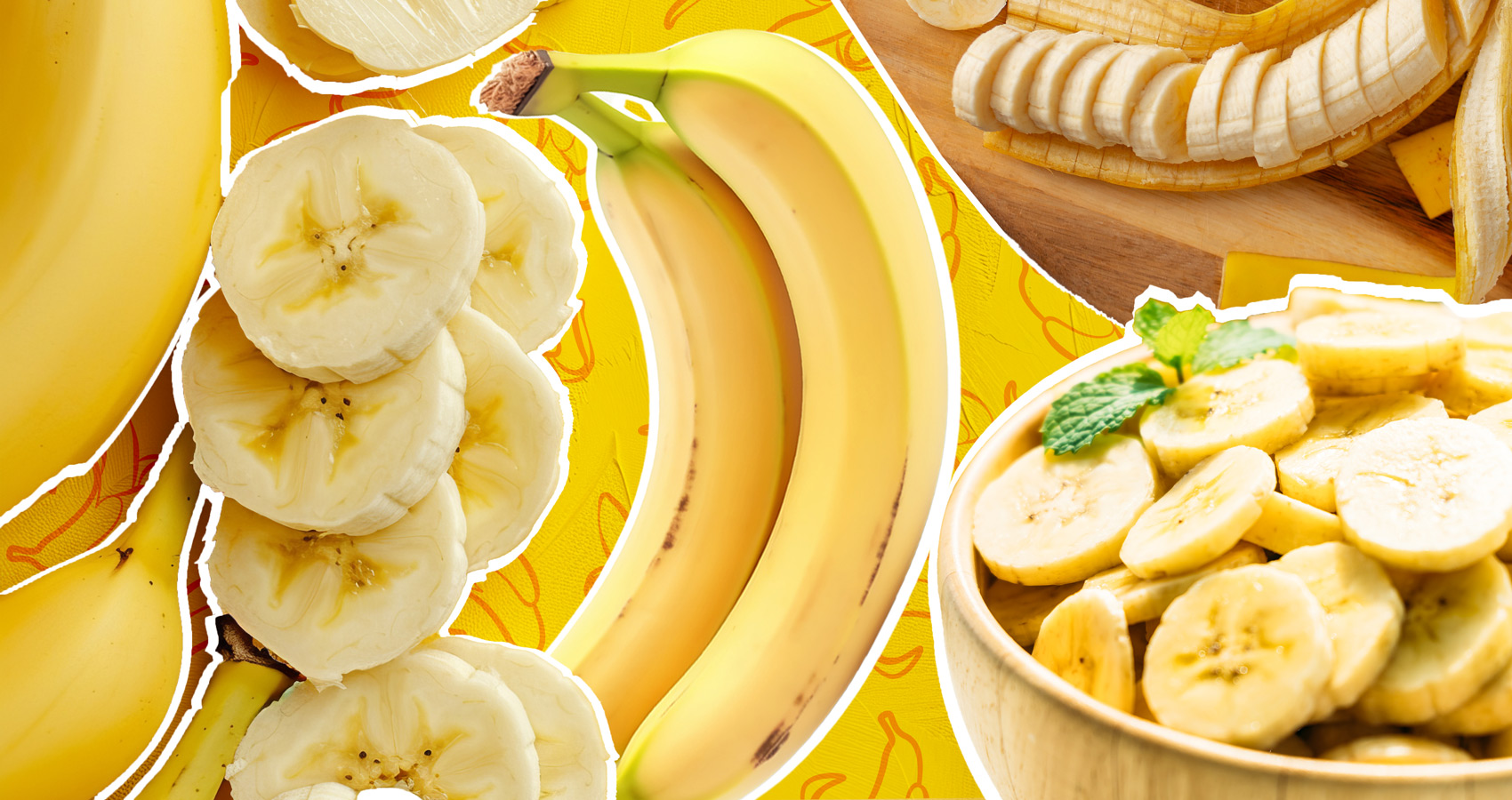
Should You Eat Bananas Every Day? A Breakdown of the Benefits and Concerns
Daily bananas: Boosts energy, digestion, and heart health.
Bananas are common in many diets because they are sweet and contain many nutrients. The only way to figure out if bananas fit your routine is by looking at the pros and cons of eating bananas on a daily basis and how they can influence your health objective.
The Health Benefits of Eating Bananas Every Day
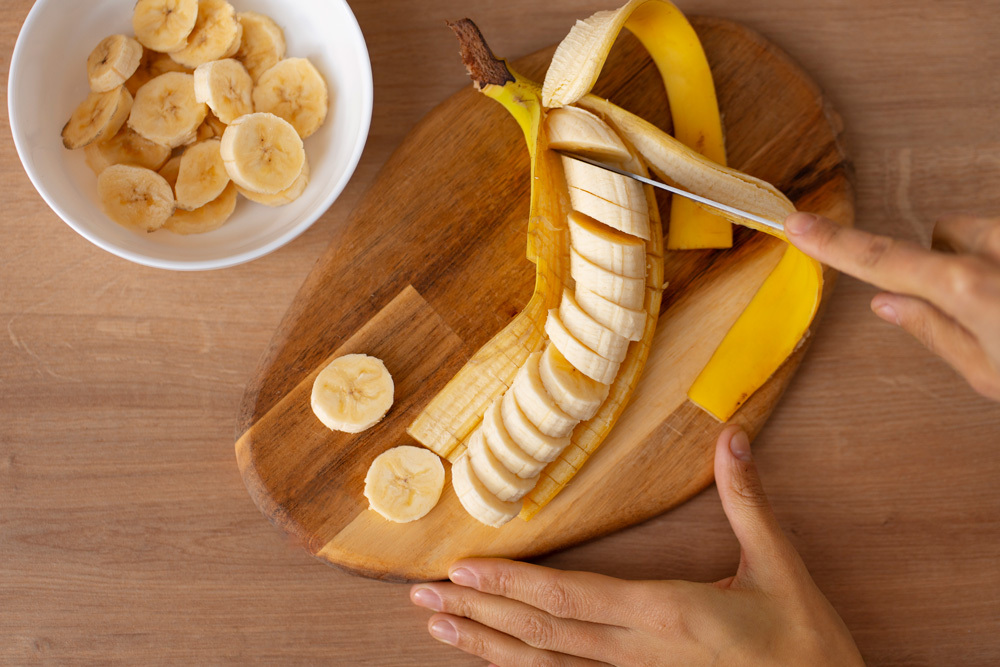
There are nutrients in bananas that can benefit your health. They are also one of their strikeout features that features potassium, a mineral that helps cut blood pressure and monitor the health of the heart. A banana a day can be a good thing if you are trying to keep your cardiovascular system healthy. There’s another bonus here: bananas contain fiber, help digestion, and keep things regular. For the purpose of gut health, bananas are clearly a good one.
Bananas are high in fiber and potassium, too, and fast, natural energy. They contain simple sugars such as fructose and glucose, which give you a fast energy hit, just perfect for workouts. Vitamin B6 is found in bananas and is also important for brain health and a stable mood. They also contain some antioxidants, such as dopamine and catechins, which fight off inflammation and help prevent chronic disease.
How to Make Bananas Part of a Balanced Diet
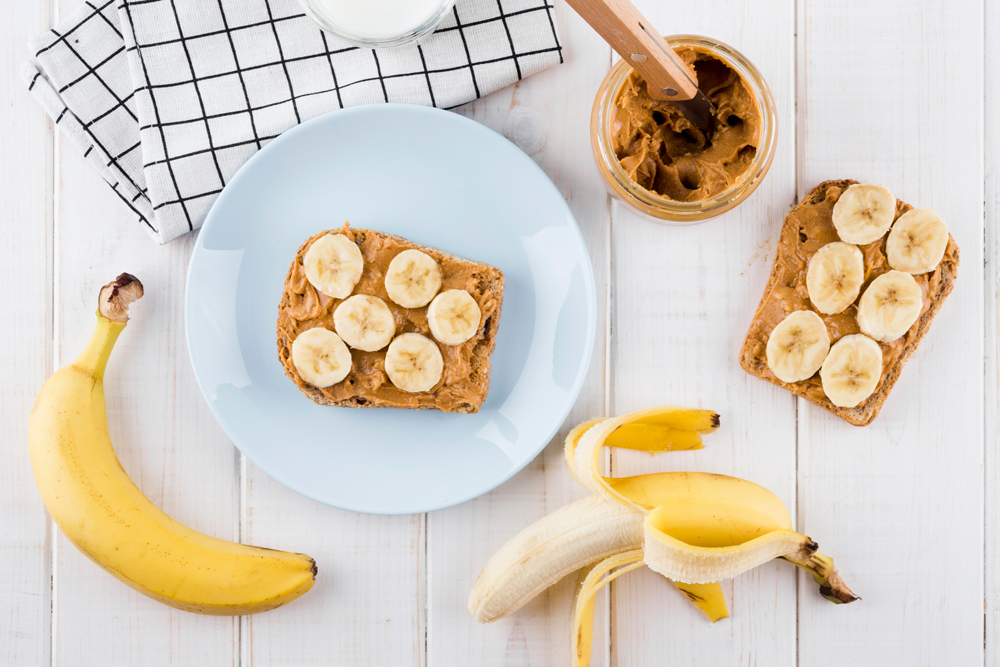
When added in moderate quantity to a balanced in moderation, bananas can be incorporated to a balanced diet. Low in sugar but still a good source of essential nutrients, eating one or two bananas a day is a safe bet. The natural sugars of bananas are balanced with proteins or healthy fats, such as a handful of almonds or a dollop of yogurt. It slows down sugar absorption and keeps your energy level where it should be for the whole day.
Bananas can be used as an ingredient in different meals. Mix them with a cup of oatmeal in the morning, toss them into a smoothie, or slice them and spread them over some whole-grain toast with a small bit of nut butter. Green bananas contain less sugar and more resistant starch, helping to support gut health, so if you want your digestion to stay steady, they’re worth opting for. If you need a quick energy kick before exercise, go for ripe bananas. Knowing the advantages and disadvantages of eating bananas helps you make good use of them in a balanced diet.
Choosing and Storing Bananas
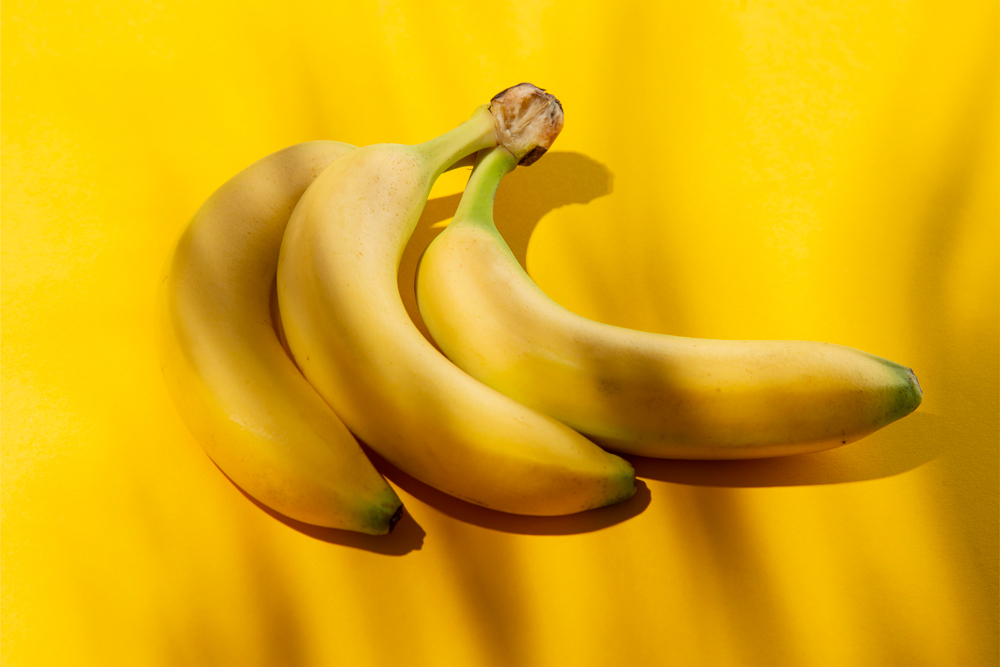
Of course, if we choose suitable varieties of these, if we store them properly, bananas will continue to taste good and also provide us with nutrition. If you prefer less ripe firm bananas choose bananas with yellow color or slight green tips. To make them last longer, don’t pick bananas with lots of brown spots.
Wait ’til you’re ready for ripeness at room temperature. Let them ripen slowly until they are really, really ripe, then refrigerate. The peel may go dark, but the inside stays fresh. Use over-ripe bananas in smoothies, baking, or freeze them to use later. Ripe bananas get sliced and frozen into a convenient addition to smoothies when you need a nutrient boost.
Considering Bananas for Your Daily Diet
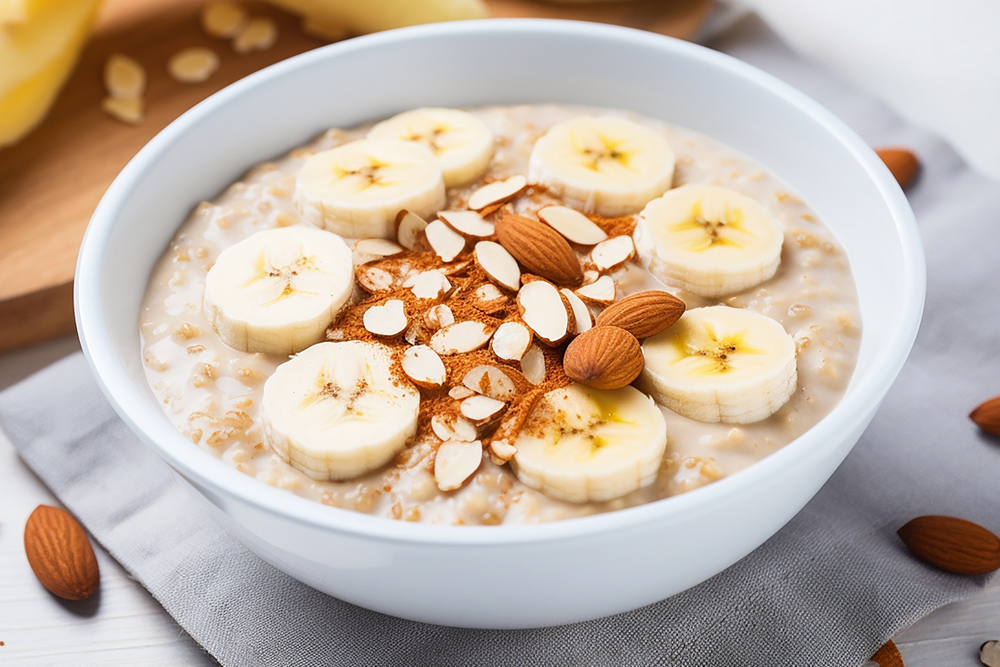
But how do you know if it’s the right decision for your everyday diet? It’s something you’ll have to decide for yourself. Nutrients include potassium, fiber, and energy, and they provide excess calories. This is why eating bananas regularly must be handled with care. They can be mixed with other fruits or chosen for the correct ripeness to bring you a diverse, balanced diet. While you aren’t required to eat them every day, when you do, you will gain a clearer understanding of what they can and can’t do for you.











